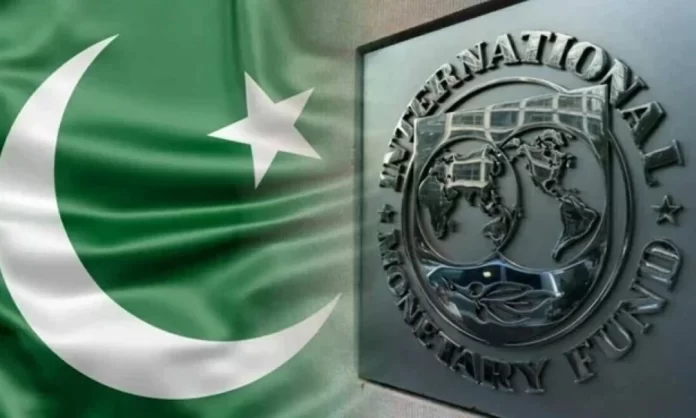Pakistan is poised to receive more than $1 billion as the third tranche of the International Monetary Fund’s (IMF) Enhanced Fund Facility (EFF), as policy-level discussions with a visiting IMF review mission continue this week, Dawn reported, citing sources.
As per the report, the technical-level discussions have been largely completed, with pending agreements on a few waivers expected during policy-level talks with Finance Minister Muhammad Aurangzeb by Oct 9–10. Once concluded, the disbursement of the tranche will be subject to IMF board approval.
Pakistan’s programme performance through June 2025 has largely met quantitative targets, but indicative targets and structural benchmarks lag behind, potentially affecting the implementation of future tranches.
Proposed tax-related relaxations to incentivize refinery upgrades have been rejected by the IMF, which views such measures as counterproductive to the $1.4 billion Resilience and Sustainability Facility (RSF) for climate projects.
Despite these challenges, sources noted that the IMF’s political environment is favourable, with major voting members backing Pakistan’s programme, provided fiscal discipline is maintained and structural commitments are implemented.
While the power sector has shown improved recovery and reduced circular debt through diversion of subsidies and fresh replacement loans, federal revenues and provincial performance remain weak. Punjab and Sindh governments have struggled to meet budget surplus targets, and agricultural tax collection has fallen short.
The Federal Board of Revenue (FBR) missed its end-June 2025 revenue target by about Rs200 billion, averaging over Rs65 billion shortfall per month in the first quarter of FY26 despite ongoing transformation measures, including an expanded fleet of audit and enforcement vehicles.
Officials are now assessing whether recoveries from ongoing court cases will bridge the gap or if additional measures will be required in November.
Authorities are also seeking flexibility to meet flood-related expenses, as the ongoing flood damage assessment in Punjab and Sindh leaves uncertainty about the final scale of rehabilitation costs. Provinces have indicated they will fund flood relief from their own resources but are negotiating relaxations in IMF targets to avoid breaching fiscal agreements.
The review also examined rising circular debt in the gas sector, with discussions focusing on benchmarking and reporting mechanisms. Issues concerning compliance with state-owned enterprise (SOE) laws and governance challenges—including asset disclosure and returns for government officials—remain unresolved.




